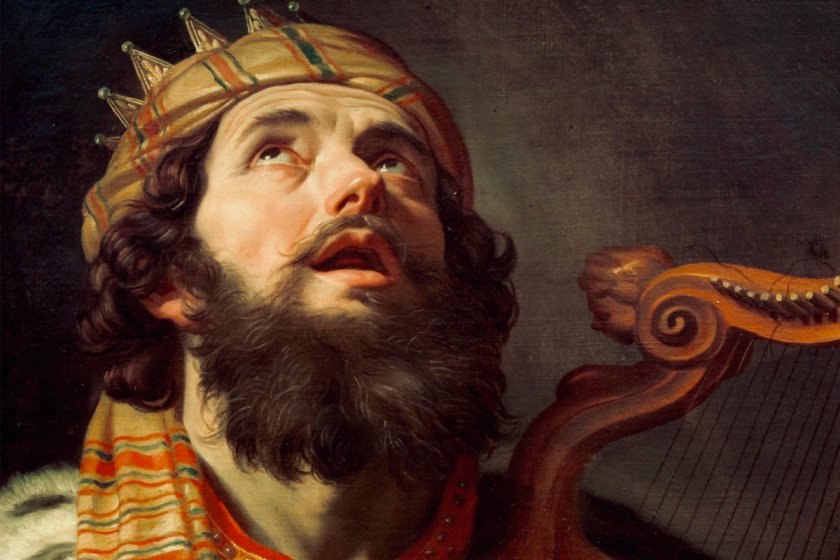It was under King Solomon’s son, Rehoboam, that Israel split into two kingdoms Judah and Israel in 930 BC. The reason for the breakup is that people were fed up with Rehoboam’s decision to continue the high tax policies of his father, despite being advised not to. In fact, when people complained Rehoboam threatened to increase the taxes even more resulting in a rebellion, led by Jeroboam an official under Solomon, that saw the northern tribes split off to form Israel, while Rehoboam ruled Judah. The unified nation of Israel, which existed under King Saul, King David, and King Solomon between 1047 BC and 930 BC, would never be seen again. But despite the Biblical record, some believe the three kings of unified Israel were little more than local warlords who ruled a single city and never amounted to much. However, in a recent study published in the Jerusalem Journal of Archaeology, Professor Yosef Garfinkel of Jerusalem’s Hebrew University has found evidence that Israel under King David was an extensive kingdom that matched the Biblical …











